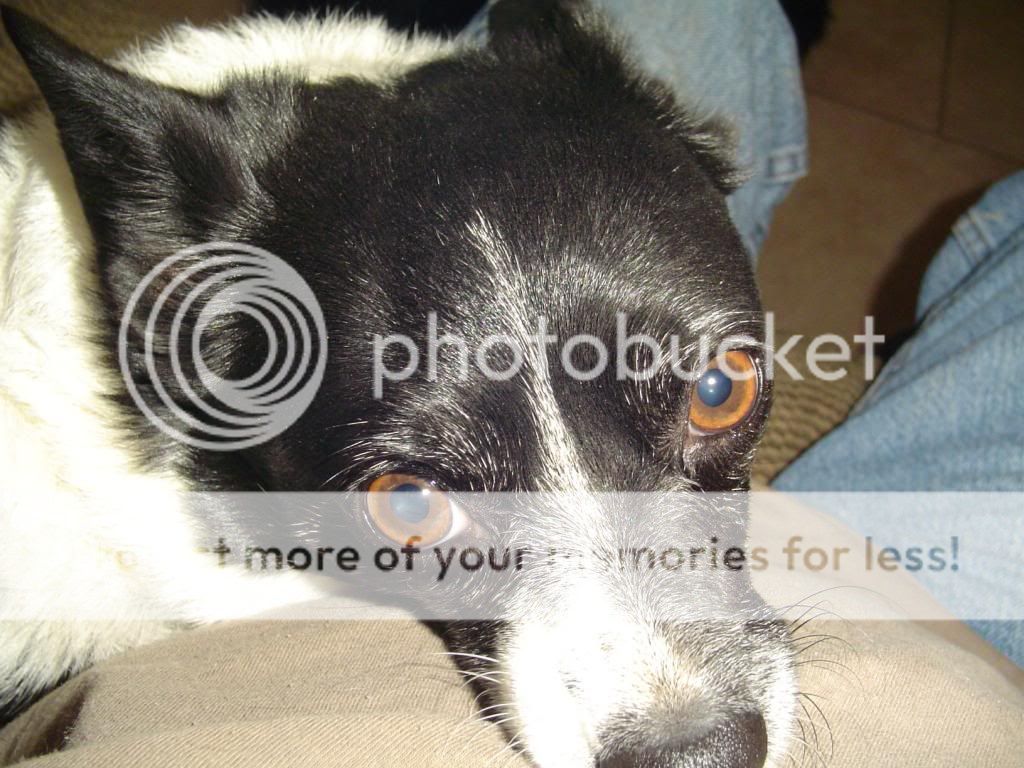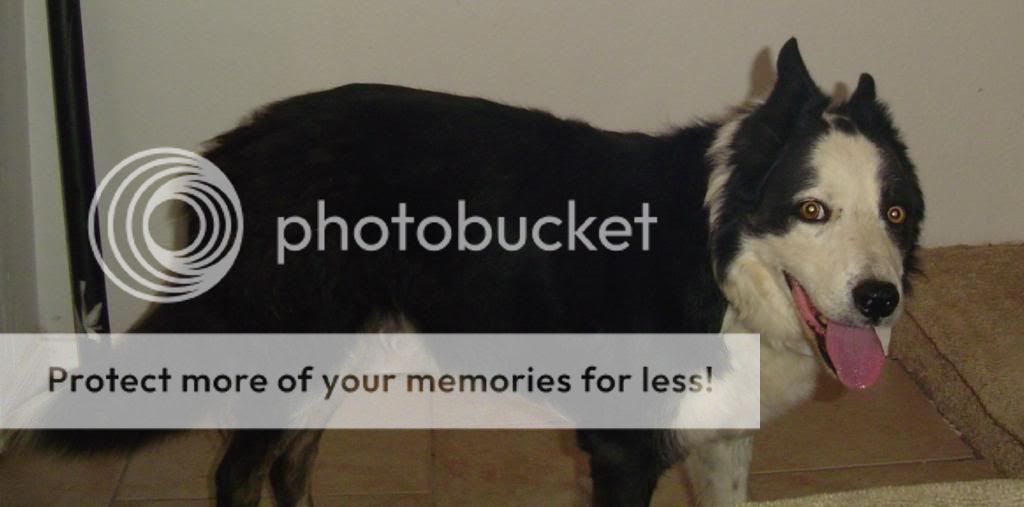Clarity,
Office 17622,
PO Box 6945,
London.
W1A 6US
United Kingdom
Phone/ Voicemail:
+44 (0)20 3287 3053 (UK)
+1 (561) 459-4758 (US).

The cat would look at me and grin, meaning "See how favored I am?"

..... and from much of the scientific community too.
But Tom, animals aren't really intelligent, they're just instinctive low life forms.
Kills me when I hear that, and from much of the scientific community too.
If we had half the senses of a cat or dog we'd be superhuman.



We anthropomorphize all the time - I know I do.
It really does depend on how we define intelligence...
I remembered a poem Hilary posted in the poetry thread.
Here it is
Golden Retrievals
by Mark Doty

Bruce, now you take care of those dogs, how you make them understand that you are the new pack leader ? Is it confusing for them or is a matter of training ? They seem to be comfortable around you- if I read their eyes right. I'm asking because my concern is whether I'm doing the right thing letting another person in the family walking the dog some days during the week or its confusing for the dog.
If I let her, she'd lick me until there was nothing left on the couch but my bare bones!
 I know what you mean... fortunately she has reduce a lot that... Barking is still a problem . Her breed , i have read , are overprotective towards the family they live so when a stranger pass by I try to calm her saying "ok, now stop" ... The signs I observe show a bit of neglect from previous owners so I guess its not as easy as having it from a puppy and teach her. Its a kind of 37.1 situation.
I know what you mean... fortunately she has reduce a lot that... Barking is still a problem . Her breed , i have read , are overprotective towards the family they live so when a stranger pass by I try to calm her saying "ok, now stop" ... The signs I observe show a bit of neglect from previous owners so I guess its not as easy as having it from a puppy and teach her. Its a kind of 37.1 situation.In short, a pack leader calms the pack through his or her own calmness.
Yes... me 'guilty' aswell . even in this forums , talking about hexagrams. I guess we need that to understand, make sense of the world around us.. its the knowledge with have about ourselves and use it as a base for further reasoning. It has an utilitarian function
We do things all the time that only reenforce an undesirable behavior, like petting a dog to calm him/her down. All we're doing then is rewarding the dog for that wrong behavior. Most common human error. Talking to the dog to correct him/her, only succeeding in making the dog more nervous and confused. They are not little people and it's anti-productive to treat them as such.
Don't feel guilty. First Yi was written for humans by humans so anthropomorphising Yi is pretty natural and unavoidable since we have conversations with it about lost keys and dogs and wotnot. Us humans are animals too and we understand the way we can understand.
View attachment 1229 This is my Lucy-cat resting in one of her favorite spots.
Clarity,
Office 17622,
PO Box 6945,
London.
W1A 6US
United Kingdom
Phone/ Voicemail:
+44 (0)20 3287 3053 (UK)
+1 (561) 459-4758 (US).